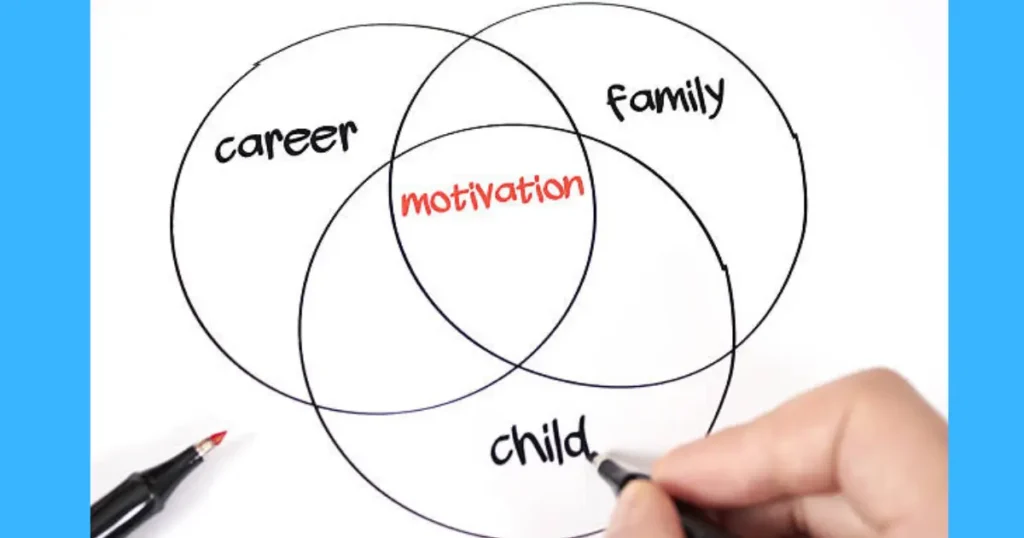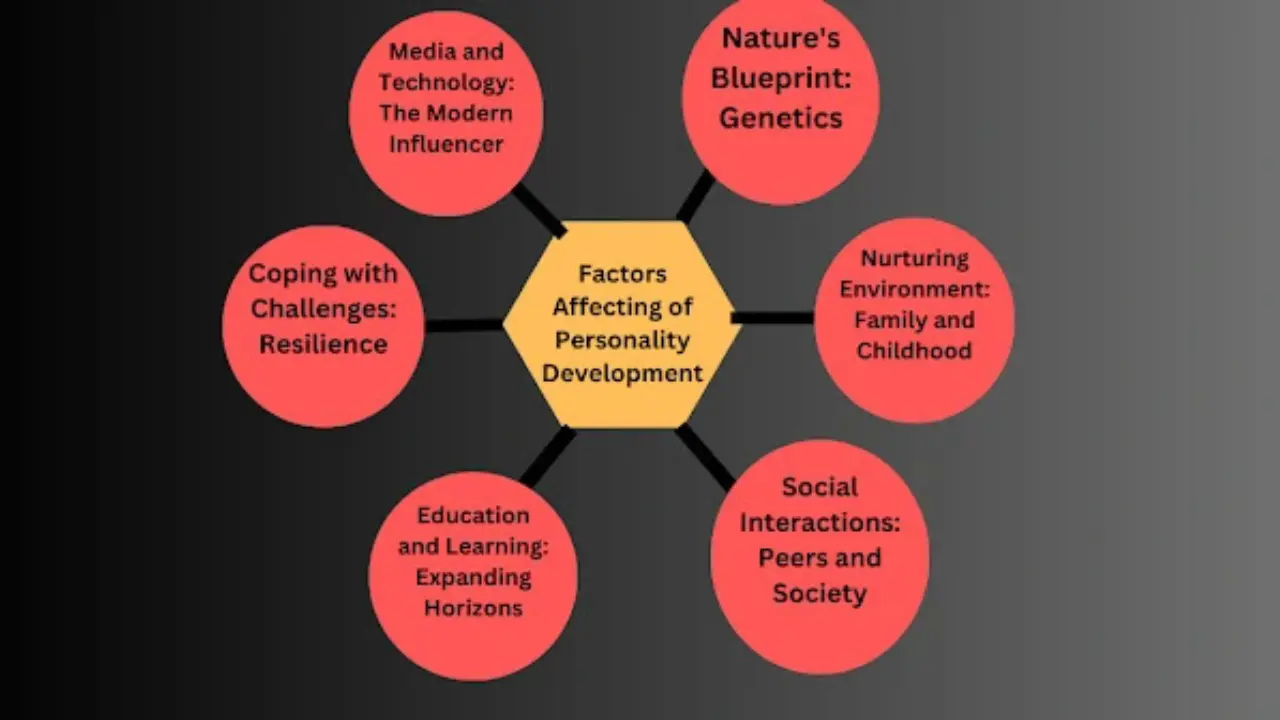Last updated on February 8th, 2026 at 08:53 am

Key takeaways
- Balance Nature and Nurture: Genetics set the foundation, but your environment and experiences refine your personality.
- Foster Positive Relationships: Strong bonds with family, friends, and mentors build confidence, empathy, and emotional intelligence.
- Embrace Lifelong Learning: Curiosity and adaptability are essential for continuous growth.
- Build Resilience: Overcoming challenges strengthens character and problem-solving skills.
- Mindful Media Consumption: Be intentional about the content you consume to ensure it aligns with your growth goals.
Nature’s Blueprint: The Role of Genetics
Nurturing Environment: Family and Childhood Experiences
The factors affecting developing your personality are significantly influenced by the environment we grow up in, particularly during childhood:
- Positive Influences: A supportive and loving family environment fosters confidence, emotional security, and healthy social skills.
Example: Children who receive consistent encouragement from their parents are more likely to develop a strong sense of self-worth.
- Negative Influences: Experiences like neglect, conflict, or trauma can lead to insecurities, anxiety, or behavioral challenges.
Related read: Developing Resilience for Personal Growth
Latest Insight: A 2024 report by the American Psychological Association (APA) highlights that children with secure attachments to caregivers are 75% more likely to develop strong emotional regulation and social skills in adulthood.
For resources on fostering positive parent-child relationships, check out Parenting and Child Development Resources.
Social Interactions: Peers and Society
As we grow, the factors affecting developing of your personality become increasingly influenced by our interactions with peers, friends, and society:
- Friendships: Spending time with friends helps develop communication skills, empathy, and a sense of belonging.
- Societal Values: The culture and values of the society we live in shaping our beliefs, attitudes, and behaviors.
Did you know- A 2024 survey by the Pew Research Center found that 82% of adults believe their friendships significantly impact their personal growth and emotional well-being.
Education and Lifelong Learning: Expanding Horizons
Education plays a vital role in our personality development, offering knowledge, critical thinking skills, and opportunities for self-discovery:
- Formal Education: Schools and universities provide structured learning environments that nurture intellectual and emotional growth.
- Lifelong Learning: Continuously seeking new experiences and knowledge helps us adapt to change and stay resilient.
Fact: According to UNESCO, individuals who engage in lifelong learning report a 35% increase in overall happiness and adaptability.
Tip: Explore hobbies like painting, writing, or learning a new language to boost creativity and confidence.
Coping with Challenges: Building Resilience
Facing challenges in life has a big impact on our personalities and the factors affecting developing your personality.
- Resilience: Overcoming difficulties builds emotional strength, problem-solving skills, and a growth mindset.
Example: After losing her job, Priya used the setback as an opportunity to learn new skills and eventually start her own business.
- Quote to Remember: As psychologist Viktor Frankl once said, “When we are no longer able to change a situation, we are challenged to change ourselves.”
A 2023 study in Psychology Today found that individuals who actively practice coping strategies experience a 30% improvement in mental health and resilience.

Media and Technology: The Modern Influencer
In today’s digital age, media, and technology are essential factors affecting developing your personality:
- Positive Influences: Access to educational content, online courses, and global connections can enhance personal growth.
- Negative Influences: Excessive social media use or exposure to toxic content can harm self-esteem and mental health.
Tip: Set screen time limits and curate your social media feed to include positive, inspiring content.
Related read: Social Media is Bad Pink: Protect Yourself from Hidden Dangers
A 2024 Pew Research Center survey revealed that 71% of adults believe their media consumption habits directly impact their personal development.
Conclusion
FAQs
What is personality development, and why is it important?
Personality development refers to the evolution of an individual’s traits, behaviors, and emotional patterns over time. It’s important because it influences how we perceive the world, interact with others, and handle challenges.
How do genetics affect personality development?
Genetics provides the foundation for personality traits like temperament and emotional sensitivity. However, environmental factors and experiences also play a significant role in shaping who we become.
How does the family environment impact personality development?
A supportive family environment fosters confidence and emotional security, while negative experiences like neglect or conflict can lead to insecurities and behavioral challenges.
Can education and learning affect personality development?
Absolutely! Education expands knowledge, critical thinking, and emotional intelligence. Lifelong learning encourages adaptability and personal growth.
How does media consumption influence personality development?
Media can positively or negatively impact self-esteem, beliefs, and behaviors. Mindful consumption of content is essential for healthy personal growth.

